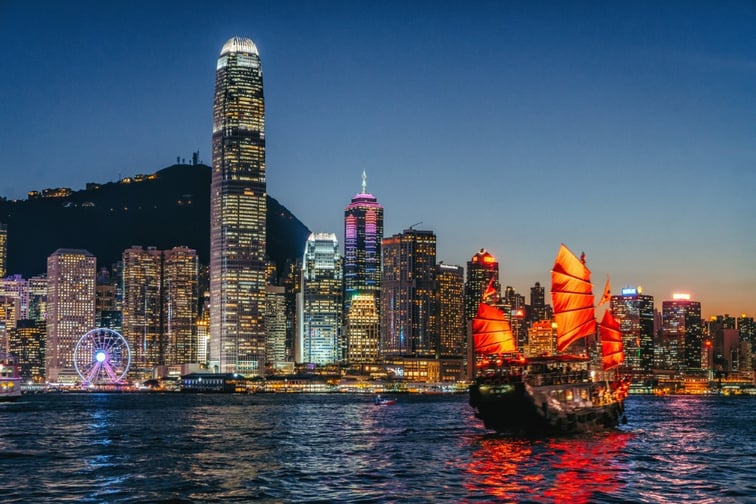

Industry experts in Hong Kong believe that the city-state can surpass London, Tokyo, and even Singapore to become the international insurance hub as it leverages its unique position within the Greater Bay Area.
During a conference held in Hong Kong, Patrick Graham, Manulife CEO for Hong Kong and Macau, said that the government’s road map also paves the way for the city as a global risk management centre.
“The fundamentals are extremely solid as the city has rule of law, low taxation, proximity to mainland China as well as world class infrastructure and skilled and hard workers,” Graham said during the SCMP’s China Conference.
Hong Kong has more than 160 insurance businesses and is one of the most mature markets internationally. All these insurers are keen to do business with clients based in the mainland, making Hong Kong prime real estate for significant business coming from visitors who are also big insurance spenders.
Hong Kong Federation of Insurers (HKFI) chairwoman Orchis Li said that the city-state’s location helps it in becoming a bridge between the mainland and other international markets.
“Hong Kong is very strategically placed to connect China with the rest of the world,” she said. “As long as globalisation remains, we have a unique position to help both sides.
Likewise, Manulife Hong Kong and Macau chief financial officer Wilton Kee said that the city’s prime location and large talent pool made it the ideal hub to manage the insurer’s regional businesses across 14 markets.
“Manulife has been using Hong Kong as the regional hub for many years. It makes a lot of sense for Hong Kong to be our regional hub for Asia. In almost all the countries or markets that we operate, we can fly from Hong Kong to that place within five hours,” Kee said.
Recently, Manulife relocated its chief financial officer from Toronto to head Asia via Hong Kong, a sign that it wants to further invest and expand in the Greater Bay Area.
“The 85 million population in the Greater Bay Area is double the size of the Canadian population. In terms of population, it is going to be 100 million strong by 2030,” Kee said.
What are your thoughts on this story? Please feel free to share your comments below.
